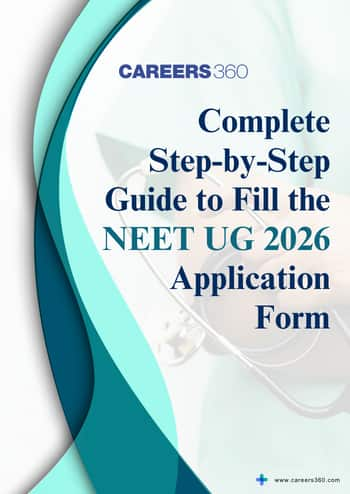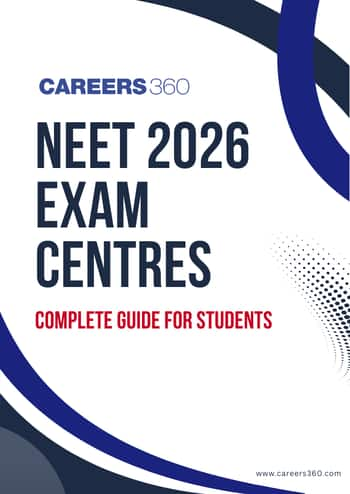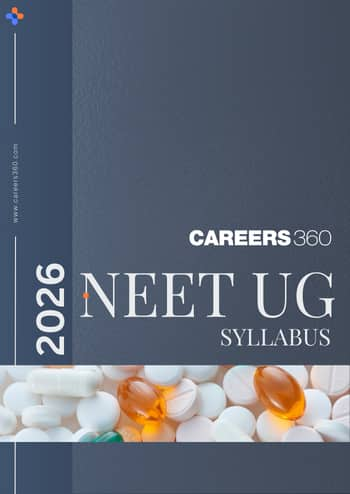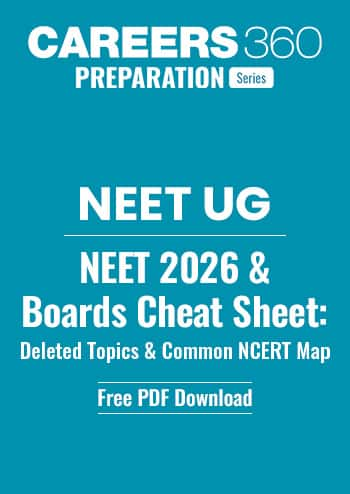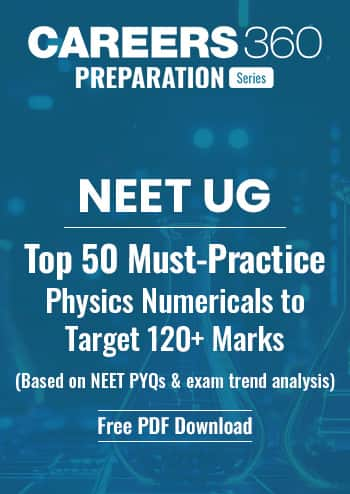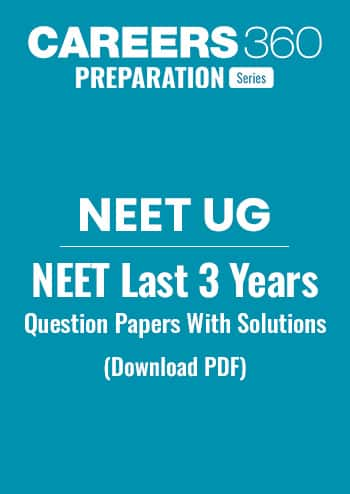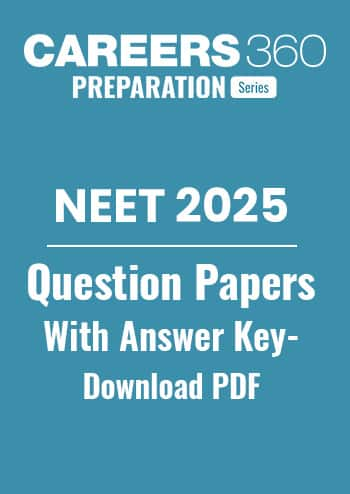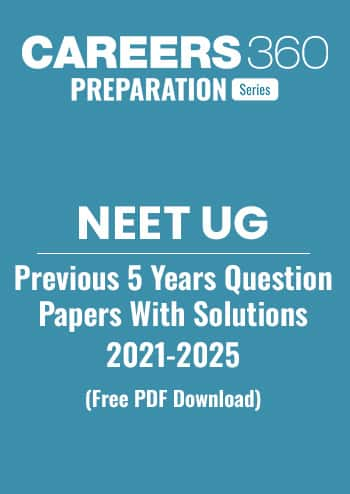P-N Junction As A Rectifier MCQ - Practice Questions with Answers
Quick Facts
-
12 Questions around this concept.
Solve by difficulty
The circuit has two oppositely connected ideal diodes in parallel. What is the current (in ampere) following in the circuit?

Concepts Covered - 1
Application of junction diode as a rectifier-
A rectifier converts Alternating Current into Direct Current. Sometimes we have an AC power point but need to connect a device that requires a DC.
The Volt-Ampere characteristics of a junction diode gives reason how current is passed through the diode only when it is forward biased. So, when an alternating voltage is applied across a junction diode, then the current will flow only in the part where it is forward biased. Due to this property junction diode is used to rectify alternating voltage/ current. The circuit used for this purpose is a Rectifier.
Based on the usage a junction diode can be used as a rectifier in two ways:
Half-wave Rectifier-


Look the diagram given above. An alternating voltage is applied across a junction diode which is connected to a load in a series connection. In this case, only during those half cycles of the AC input when the diode is forward biased, a voltage will appear across the load. This type of circuit, which rectifies only one half of the input current is a Half-wave Rectifier.
The alternating current is supplied at points A and B. During the alternating cycle, when the voltage at point A is positive, the diode is forward biased .This will happen when the diode conducts. On the other hand, the diode is reverse biased when the voltage at point A is negative, and it doesn’t conduct. Generally for all practical purposes, the reverse saturation current can be considered zero since it is negligible.
Hence, we will get output voltage only through one half of the input cycle. Also, there will be no current is available in the other half. Hence, the output still varies between positive to zero but the negative cycle is cut off and the output voltage is said to be rectified.
Study it with Videos
"Stay in the loop. Receive exam news, study resources, and expert advice!"


